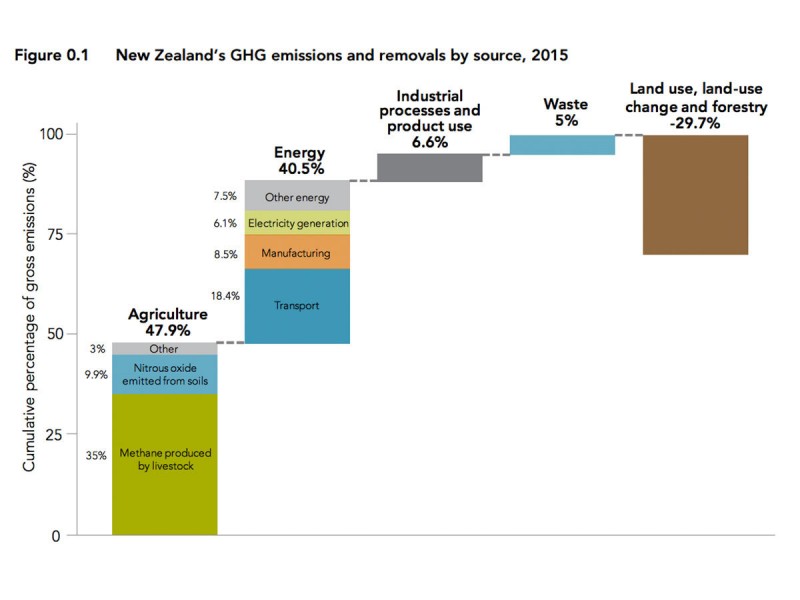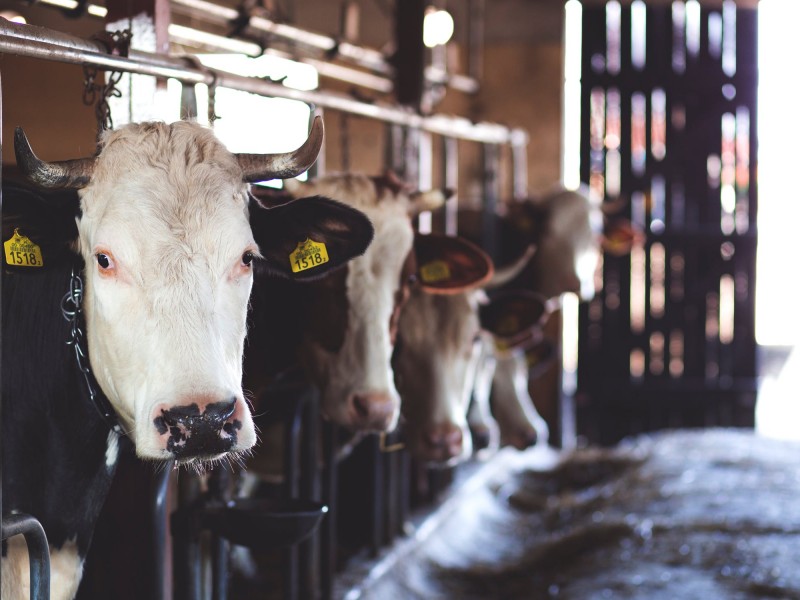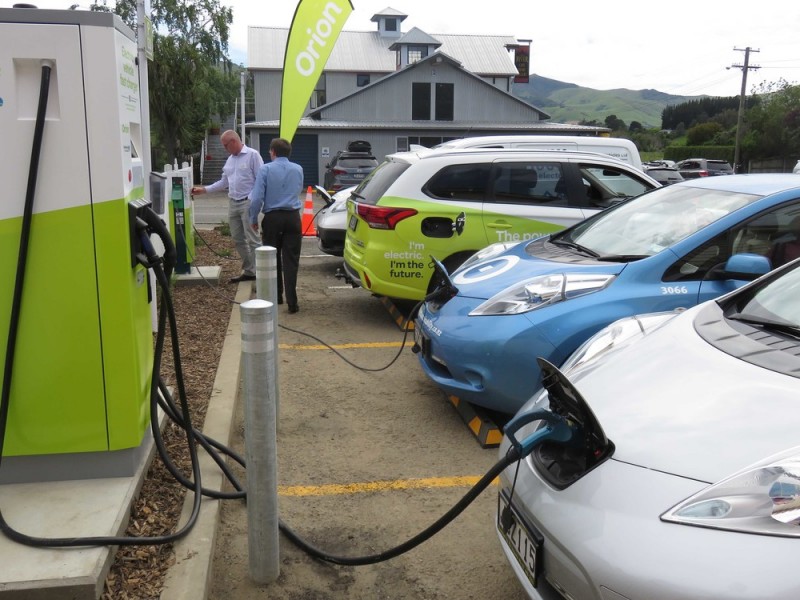In April, the Productivity Commission released a draft report outlining the economic steps required to coax the nation into carbon neutrality by our deadline. As well as asking a few questions that need answering, it outlined three major recommendations:
1. Increasing the Emissions Trading Scheme offset price by up to 1200%
2. A “Feebate” scheme to lower the cost of electric cars, all but eliminating petrol cars by 2030
3. Transitioning farmland back to forest and subsidizing the landowners through the Emissions Trading Scheme
The commission understands that all of those suggestions are risky. The report notes that “Decarbonising economies and societies underpinned for a century or more by fossil fuels inevitably means substantial change. It requires old technologies and even old industries to be replaced by new.”




